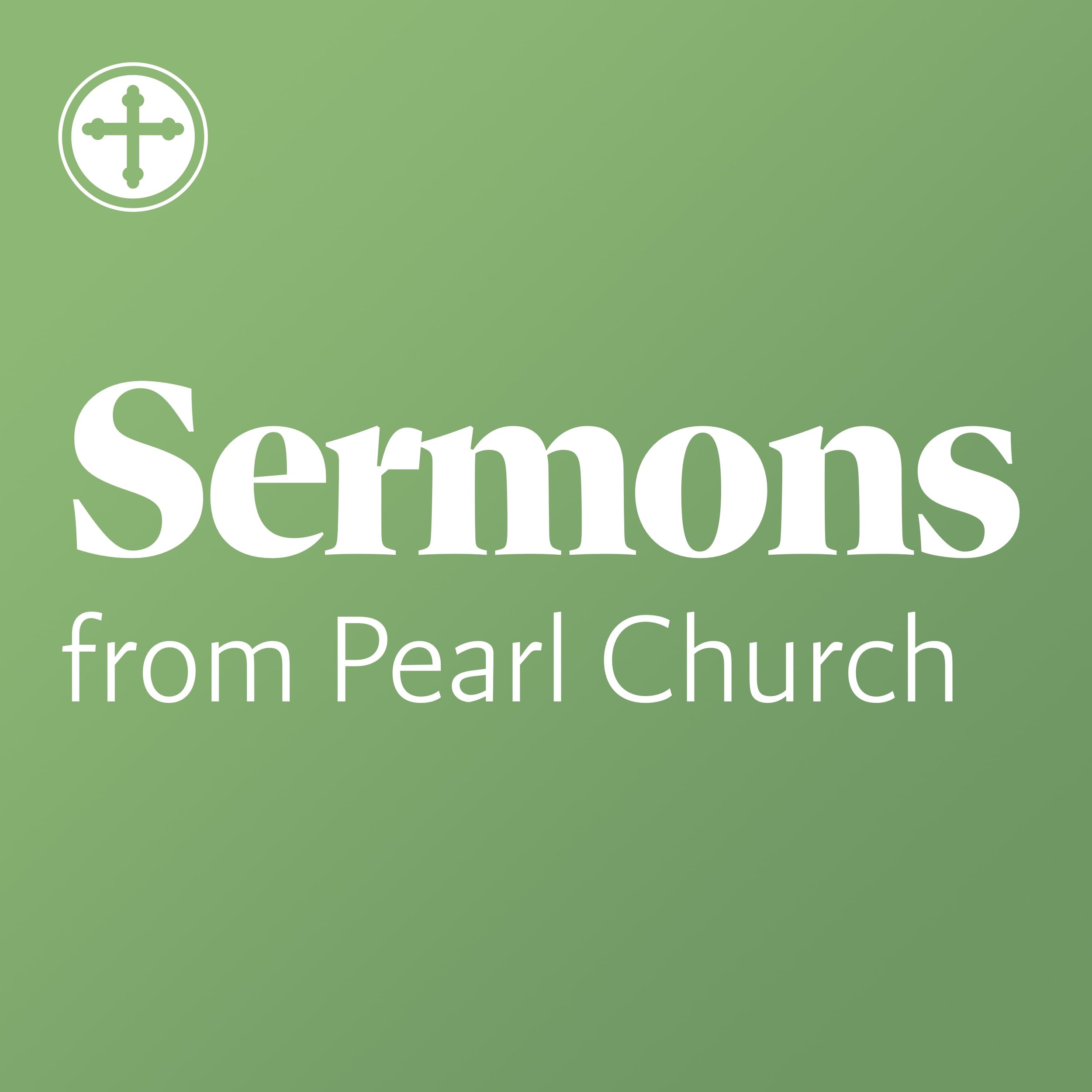Esther & Purim
/Megilloth is a Hebrew word that refers to“The five Scrolls,” which were read in synagogues on five annual Jewish holidays:
Song of Songs during Passover
Ruth during Pentecost
Esther during Purim
Lamentations during the Ninth of Ab
Ecclesiastes during the Feast of Booths
It’s generally understood that a major shift in the observances of Israel’s festivals took place in the 7th century when localized agricultural celebrations were transformed into national celebrations, which required a pilgrimage to the central sanctuary. This move toward a theological rendering of the year was an effort to encourage a ritual ordering of time that reflected Israel’s loss of monarchy and its experience of exile in Babylon. In this way, Israel’s ritual observances became a means for establishing an orderly rhythm for the life of the community. While observing these sacred days and seasons, Israel gathered from all the villages of Palestine and from across the roads of the diaspora to remember who they were, to find motivation and direction for continuing their lives of faith, and to orient their lives in the words of scripture and the deeds of God.
Similarly, as we meet together this summer—throughout our Christian Season of Ordinary Time —we intend to learn from these Five Scrolls in order to remember who we are, to find motivation and direction for continuing our lives of faith, and to orient our lives in the words of scripture and the deeds of God.


